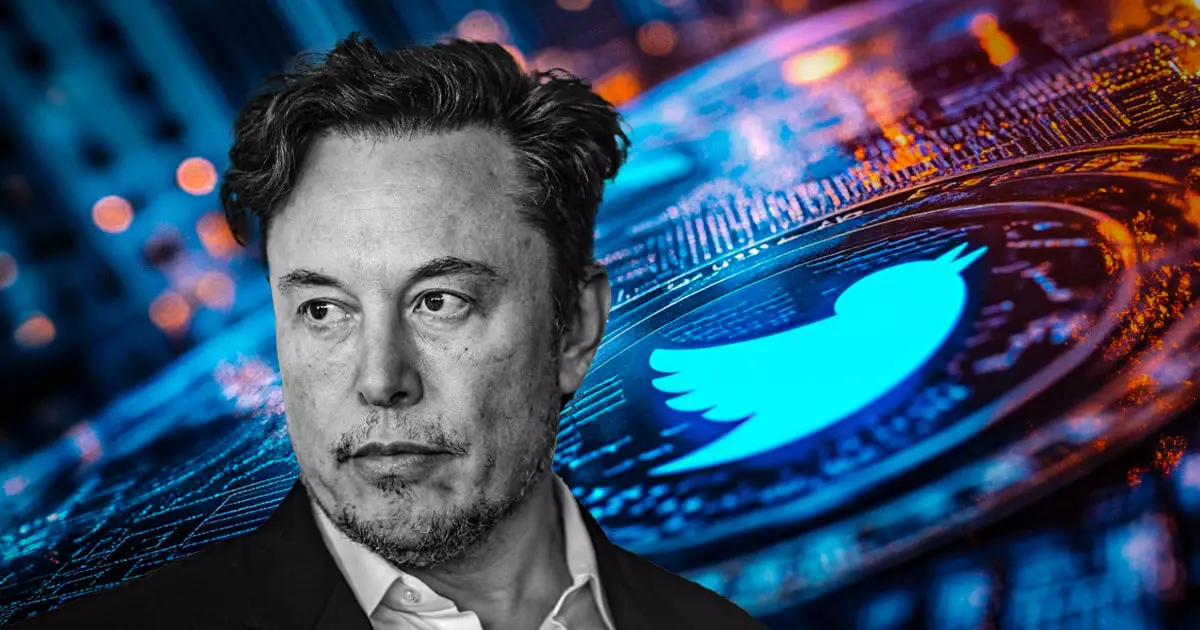The ongoing legal disputes between billionaire entrepreneur Elon Musk and the U.S. Securities and Exchange Commission (SEC) have ignited discussions about corporate governance, financial regulation, and ethical responsibilities. Central to this controversy is Musk’s failure to timely disclose his significant investment in Twitter, now rebranded as “X”. This situation not only exposes the intricacies of legal compliance but also raises questions about the SEC’s effectiveness in enforcing laws designed to ensure a fair market.
In early 2022, Musk acquired more than 5% of Twitter’s shares but did not disclose this transaction within the legally mandated 10-day period. The SEC claimed that he crossed the 5% threshold by March 14, yet his formal report came only on April 4—11 days overdue. The regulatory body argued that Musk’s delay allowed him to buy shares at a lower price, depriving the market of crucial information, which skewed stock valuations and misled investors during that time. Notably, the value of Twitter’s stock surged by 27% following Musk’s eventual announcement, significantly increasing the financial worth of his holdings.
The SEC’s lawsuit emphasizes that Musk’s actions not only breached the Securities Exchange Act of 1934 but also created an unfair advantage by enabling him to capitalize on information that wasn’t available to other investors. With potential consequences that could reach civil penalties and the return of profits aggregated from this alleged misconduct, the stakes are high for Musk.
Elon Musk’s response to the SEC’s initiative has been characteristically defiant. He has publicly disparaged the organization, labeling it as “totally broken” and questioning its focus on relatively minor issues while ignoring more serious financial crimes. This declaration reflects not just Musk’s personal views but also a broader criticism of regulatory bodies that sometimes seem ill-equipped to handle complex financial misconduct.
Industry insiders and legal experts have echoed this sentiment. For instance, John Reed Stark—a former official under the SEC’s Internet Enforcement division—has voiced skepticism regarding the prudence of pursuing this case. He posits that the resources devoted to investigating Musk could be better allocated elsewhere and suggests that Musk’s original intent may have been to secure a position on Twitter’s board rather than to undertake a full-scale acquisition. This perspective raises important questions about the interpretation of Musk’s actions and whether there were any malicious intent.
The confrontation between Musk and the SEC underscores significant challenges in regulatory oversight. While the SEC’s mission is to protect investors and maintain fair and efficient markets, the complexities of monitoring and acting against wealthy, influential individuals present unique hurdles. This case has drawn differing opinions about the balance between vigorous enforcement and the potential stifling of creative innovation in the technology and investment sectors.
The ongoing legal saga involving Musk serves as a crucial case study of the tensions between entrepreneurship and regulatory frameworks. It highlights essential debates about accountability in financial markets, the efficacy of regulatory bodies, and the broader implications for investor trust. As Musk continues to navigate this battle, the resolution could set a precedent reflecting the dynamic interplay between innovation and regulation in the American business landscape.

